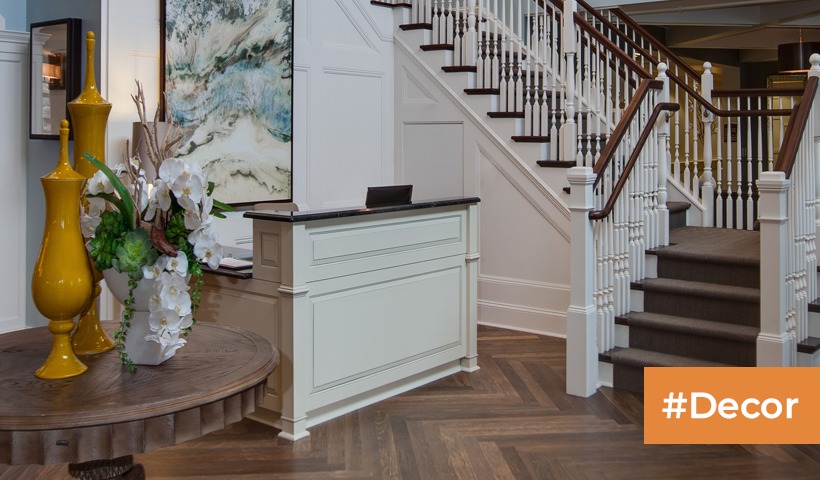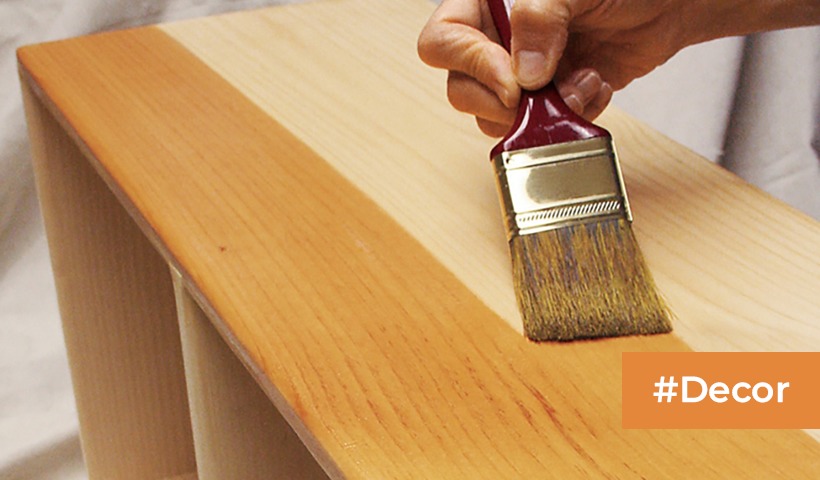Exploring Manufactured Wood: A Wise Choice for Your Furnishing Needs?
Choosing the right materials for your furniture is a crucial decision that impacts both aesthetics and functionality. Manufactured wood, also known as engineered or composite wood, has gained popularity as a versatile and cost-effective alternative to solid wood. In this blog, we’ll delve into the characteristics, benefits, and considerations associated with manufactured wood to help you determine if it’s a good choice for your furnishing needs.
Understanding Manufactured Wood:
Manufactured wood refers to a variety of wood products created by binding or fixing strands, particles, fibers, or veneers of wood together with adhesives. Unlike solid wood, which is derived directly from trees, manufactured wood is engineered for specific purposes, providing a range of benefits and design possibilities.
The Pros:
- Cost-Effectiveness:One of the primary advantages of manufactured wood is its affordability. Compared to solid wood, which can be expensive, manufactured wood products are often more budget-friendly, making them an attractive option for those looking to furnish their homes without breaking the bank.
- Versatility in Design:Engineered wood can be molded into a variety of shapes and sizes, allowing for greater design flexibility. This versatility makes it an ideal choice for modern and contemporary furniture designs, as well as for achieving specific textures and finishes.
- Environmentally Friendly:Many manufactured wood products are made from recycled or reclaimed wood fibers, making them a more sustainable choice. Additionally, the manufacturing process often involves using wood byproducts that would otherwise go to waste.
- Stability and Resistance:Engineered wood tends to be more stable than solid wood, with less susceptibility to warping or splitting. It is also less prone to changes in humidity, making it a suitable choice for various climates. Some manufactured wood products are designed to be resistant to pests and moisture.
- Uniformity:Unlike natural wood, which can have variations in grain patterns and color, manufactured wood offers a uniform appearance. This consistency can be advantageous when creating furniture with a clean and modern aesthetic.
The Cons:
- Durability Concerns:While manufactured wood is durable, it may not be as robust as solid wood. The longevity of furniture made from engineered wood can depend on factors such as the quality of the materials used and the specific manufacturing process.
- Limited Refinishing Options:Unlike solid wood furniture that can be sanded and refinished multiple times, certain manufactured wood products have limited refinishing options. Once the outer layer or veneer is damaged, it may be challenging to restore the piece to its original condition.
- Formaldehyde Emissions:Some engineered wood products, especially those made with certain adhesives, may emit low levels of formaldehyde. It’s essential to choose products with low or no formaldehyde content, especially if indoor air quality is a concern.
Considerations for Choosing Manufactured Wood:
- Intended Use:Consider where and how the furniture will be used. Engineered wood can be an excellent choice for certain applications, such as shelves, cabinets, and tables. However, for high-traffic areas or pieces subjected to heavy wear, solid wood might be a more durable option.
- Budget Constraints:If you’re working within a budget, manufactured wood provides an affordable alternative without compromising on style. Compare prices and quality to find the best balance for your specific needs.
- Aesthetic Preferences:Your preferred aesthetic plays a crucial role. If you appreciate a uniform appearance and sleek design, manufactured wood might align with your tastes. However, if you prefer the natural variations of solid wood, it’s essential to consider this factor.
- Environmental Impact:If sustainability is a priority, choose products labeled as environmentally friendly and made from responsibly sourced materials. Look for certifications such as FSC (Forest Stewardship Council) to ensure the wood used is from responsibly managed forests.
Manufactured wood presents a compelling option for various furnishing needs, offering affordability, versatility, and environmental benefits. However, it’s crucial to weigh the pros and cons based on your specific requirements and preferences. Whether you opt for solid wood or manufactured wood, understanding the characteristics of each material will empower you to make an informed decision that aligns with your lifestyle and design goals.
Disclaimer: The views expressed above are for informational purposes only based on industry reports and related news stories. PropertyPistol does not guarantee the accuracy, completeness, or reliability of the information and shall not be held responsible for any action taken based on the published information.




